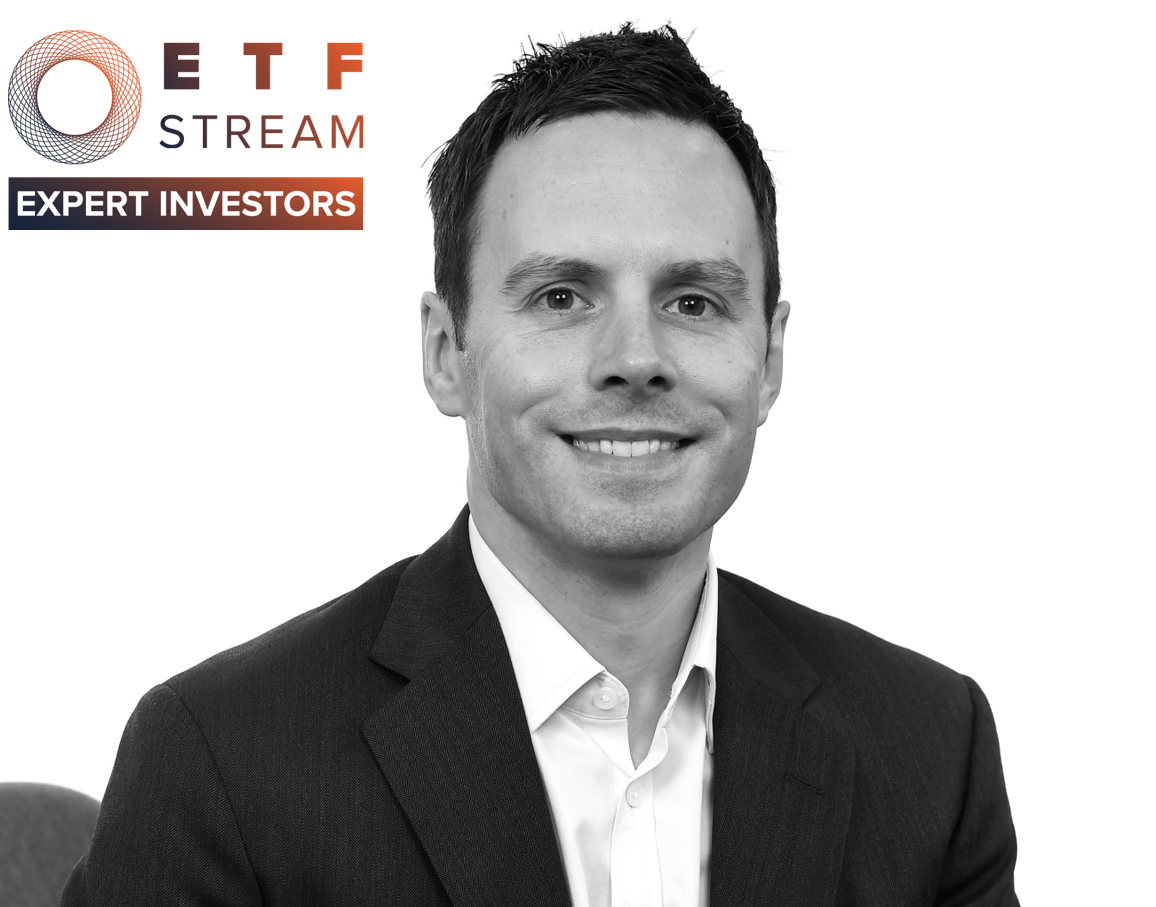brought to you by
ETF Stream
where on a fortnightly basis we interview the key individuals from across the fund selection and research space about the ETF ecosystem.
Fund selection plays a crucial role in portfolio construction. Once the asset allocation decision has been made, these individuals need to decide how they want to be exposed, be it through a mutual fund, investment trust or ETF.
Over the years, ETFs have become an increasingly important part of any investor’s toolkit. This series will show how the key players across the fund selection space use ETFs in their portfolios while asking what more can be done by the ETF providers to help with this increasing adoption.
Next in the hot seat is Wayne Nutland, head of managed index solutions at Premier Miton. Nutland joined the firm in September 2019 from HSBC Global Asset Management where he spent 19 years, most recently as a senior fund manager and head of discretionary, UK multi-asset team. In his new role, he is responsible for developing and managing a new range of multi-asset solutions which invest in passive vehicles.
How much of your portfolio is made-up of ETFs/index funds?
Essentially all of it, the fund is a managed index fund using passive instruments in an actively managed asset allocation.
The fund may make use of direct holdings from time to time but this is usually to get exposure in areas like very short dated government bonds, not for the purposes of traditional stock selection.
The expansion of the ETF market in recent years has really improved the breadth of asset class coverage and also the granularity availability within asset classes.
When did you start investing in ETFs?
I cannot be precise, sometime in the mid to late 2000s, when FTSE 100 exposure cost 40bps!
At the time I was using ETFs as part of blended active and passive portfolios to manage overall portfolio costs and for tactical purposes.
Which asset classes do you tend to invest in through ETFs?
Pretty much all of the major asset classes. Being a managed index fund, there are not really any major asset classes where I would avoid the ETF structure, although there are a couple of asset classes where index mutual funds can be more cost effective.
Clearly it is much harder for ETFs to provide exposure to alternative, hedge fund type strategies, although this could be an interesting area for future development where strategies can be systematised.
What is your methodology for selecting ETFs?
The active asset allocation is based on longer-term factors like valuation and the medium-term macro regime but also uses shorter-term factors like momentum.
Generally, I do not have a strong preference between indices which offer very similar exposures, e.g. between S&P 500 or MSCI USA.
Do you have an ETF provider preference?
No, we have a fully open approach to ETF selection. Different providers have different ranges, methodologies and fee levels so we want to have full flexibility in selecting individual exposures, looking at the provider and the individual product.
We want to gain each exposure in the most efficient way whilst also taking care to blend the exposures at the overall portfolio level.
For example, although I have a preference for physically backed ETFs I am happy to use synthetic ETFs where there is a good reason to do so, however, I would not want the entire portfolio to comprise synthetic ETFs.
Similarly, I would not want the entire portfolio to comprise ETFs which lend securities.
What ETF products would you like to see more of?
I would like to see more granularity in bond ETFs, although I suspect this will develop naturally as bond ETFs grow in size.
I would also like to see more currency hedged share classes at no or little additional cost. Currently, the additional costs for hedged share classes can be quite high in my view.
Are there any areas ETF providers could improve?
ETF providers are generally pretty good in this area, at least for institutional investors. As the market has grown rapidly some ranges can appear a little ‘unwieldy’.
It could be useful for providers to group their offerings into more clearly identifiable ranges with standardised features, where it makes sense to do so.
To read the previous edition of Expert Investors with Iain Barnes of Netwealth, click here.
Sign up to ETF Stream's weekly email here


